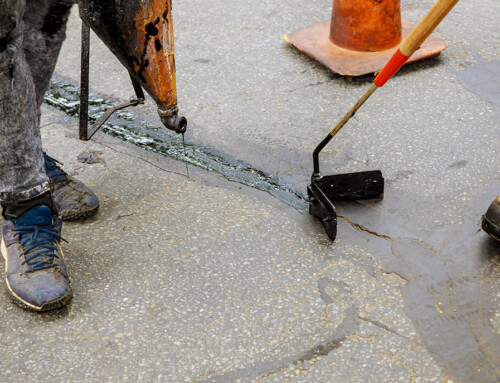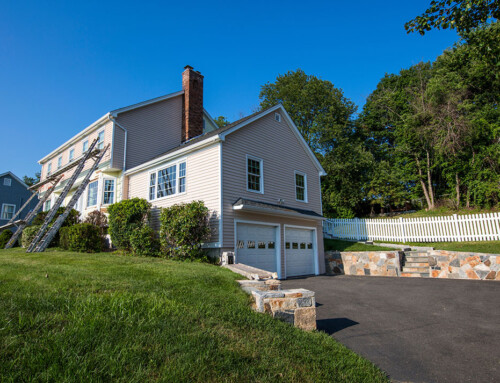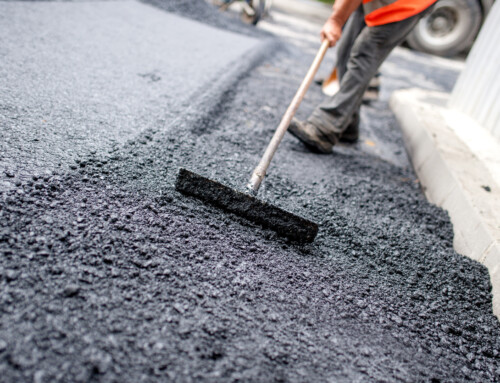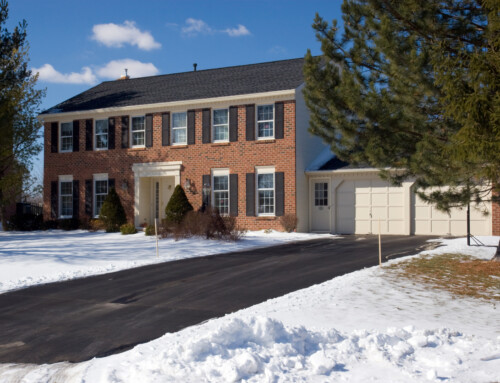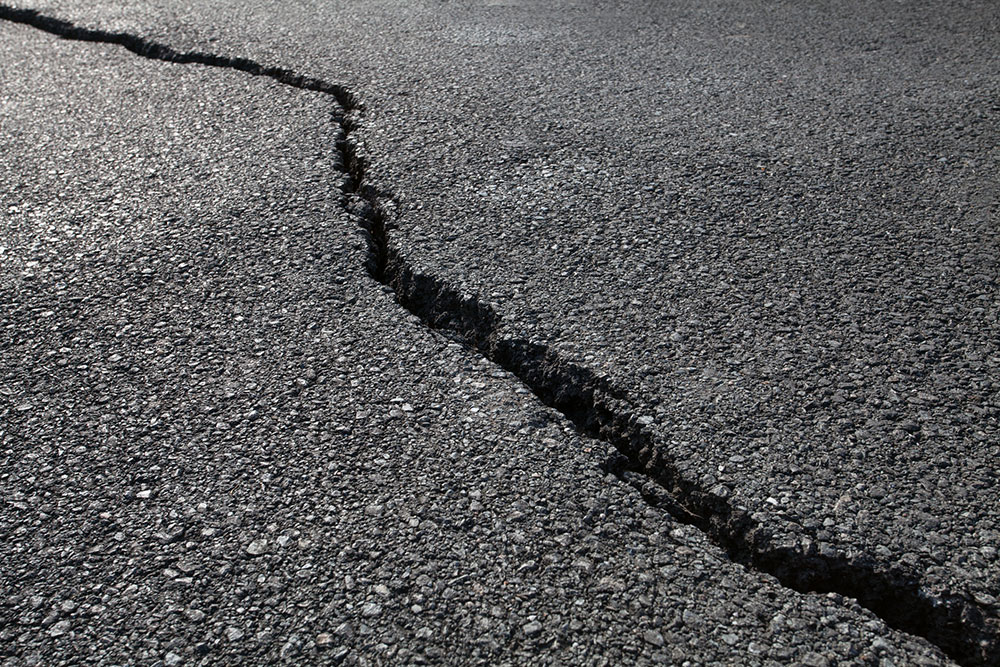
Asphalt is the dark black type of pavement you see on roads, parking lots, and driveways. It is one of the most commonly used pavement materials because it is durable and the process of laying asphalt is relatively quick.
However, one pitfall of asphalt pavement is that it is capable of heaving, or buckling. When this happens it can cause bumps and cracks in the pavement that could be potential hazards. Why does asphalt heave in the summer? Here’s the cause and how to get damaged asphalt repaired.
Heat Expansion
One of the biggest benefits of asphalt can also be a potential problem at times. Asphalt is somewhat flexible, meaning it expands and contracts with changing temperatures. This allows it to fluctuate without cracking in many cases. However, when the asphalt becomes really hot from extreme summer temperatures, it can start to somewhat melt or soften enough to be easily damaged by traffic. All it takes is a heavy truck on a sweltering summer day to cause asphalt to buckle.
UV Rays From the Sun
When the sun shines directly on the asphalt on a hot day, the UV rays can take their toll on the pavement. They cause the different oils in the asphalt to break down and mix together in a way that compromises the integrity of the pavement. As it loses its elasticity, it is more prone to cracking and buckling.
Water Under the Pavement
When there is moisture under the pavement and the hot sun heats the asphalt, the water underneath it can get hot enough to turn into steam. This causes the asphalt to heave and possibly crack. Another problem that occurs when there is water under asphalt that gets hot from the sun is that the pavement sort of rolls or slides on the water, which causes it to buckle.
What To Do About Buckled Asphalt
If you have places in your parking lot or driveway that have heaved, buckled, or cracked, you should get those spots repaired. In many cases the pavement can be repaired in just the places where the asphalt has heaved, unless there is extensive damage that would require complete resurfacing. In the case of moisture under the asphalt, the sublayers may also need to be repaired or replaced.
How to Prevent Heat/Sun Damage to Your Asphalt
The best way to prevent heaving due to heat or sun damage is to keep your asphalt well sealcoated. Asphalt sealing is recommended every 1-3 years depending on the amount of traffic and the condition of your pavement. The sealant provides protection for your asphalt in the following ways:
- Reflects the sun. Sealcoating reflects the sun off of the pavement to prevent it from getting too hot.
- Prevents the oils from breaking down. A thorough sealcoat can keep the oils in the asphalt from breaking down so that the pavement won’t become brittle and prone to cracking.
- Repels moisture to encourage runoff. Sealant also helps the moisture to run off instead of soaking through and getting underneath the asphalt.
When To Seal Your Asphalt
The best time to seal your asphalt is in the spring before the weather gets hot. This way you may be able to prevent summertime heaving and other damage due to the heat of the sun and the UV rays.
Who Should You Call For Asphalt Repair?
If you have asphalt pavement that is buckled, cracked, or otherwise damaged, it is best to call a professional asphalt paving company. TopWest Asphalt provides asphalt repair and sealcoating to fix the uneven spots in your pavement and seal the asphalt to prevent further damage. Your driveway or parking lot can look like new again with a little help from us.
Call 604-755-0300 or contact us today to schedule a free estimate.

